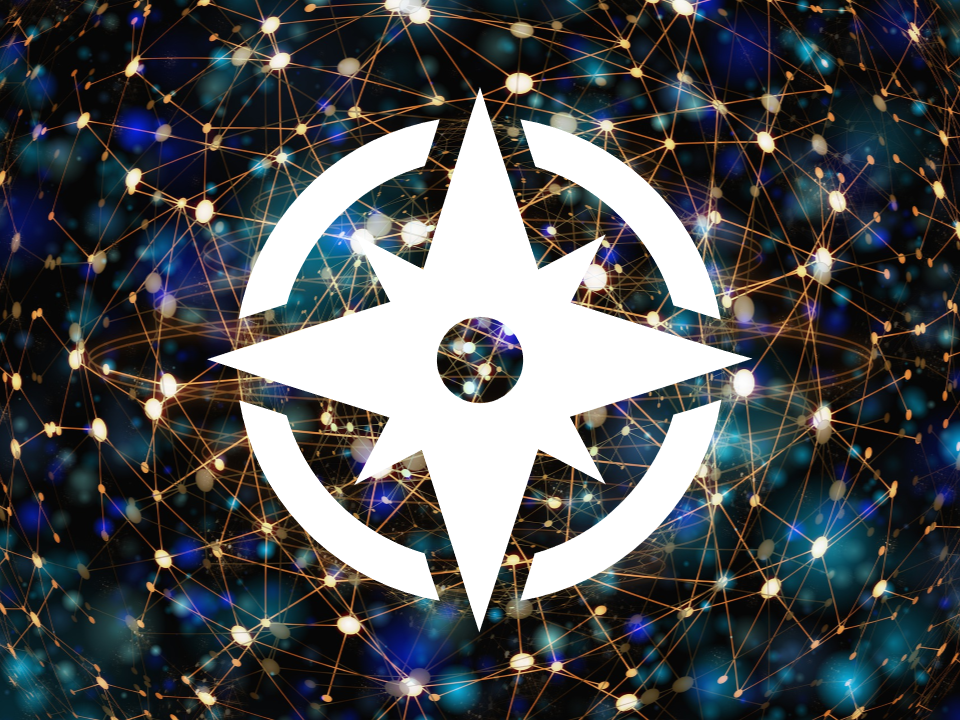Welcome to my professional website, blog, and portfolio!




Faculty | Michigan State University
Program Director | Graduate Programs in Foreign Language Teaching
Unit | Center for Language Teaching Advancement
Affiliated | Department of Linguistics, Languages, and Cultures
Project Lead | National Less-Commonly-Taught Language Resource Center
Quick Links:
I am an applied linguist and language teacher educator with particular interests in the intersections of culture, technology, and the vitality of world language programs and teachers.
Teaching
Since joining the MAFLT Program as core faculty in 2013, I have developed and repeatedly taught at least 10 different graduate courses in pedagogical methods, second language acquisition, culture and intercultural competence, language concepts, sociolinguistics, foreign language literacy, reflective teaching, and, most recently, program development and administration. I also supervise the development of teaching portfolio websites created by each of our graduates in their final semester. Technology features prominently in all of my courses, as content and as a means of facilitating learning. In addition to my primary expertise in language acquisition and analysis, I enjoy web design, graphic design, learning about new apps and systems, and seeing my students grow in confidence with their teaching and the tools that facilitate it.
Administration
As director of the Foreign Language Teaching graduate programs at Michigan State University since 2018, I continue to work with teacher-learners as an instructor and mentor, but I am also responsible for recruitment, admissions, advising, curriculum, faculty supervision, budget, and strategy for the largest graduate program in the College of Arts & Letters.
Research
Because the MAFLT is fully online, I have had the opportunity to work with in-service foreign language teachers across the U.S. and around the globe. I began focusing on heritage learners, motivation, literacy, discourse analysis using qualitative and corpus-based methods in graduate school, but in the last decade my research interests has increasingly centered on teacher identity and development, the pedagogy of intercultural competence, and the particular needs involved in learning and teaching heritage and critical languages.
Professional Development and Advocacy
My work as instructor and advisor to language teachers and the networking efforts involved in my program director role have led inevitably to awareness of the ongoing and widespread needs for advocacy and support for multilingualism in the U.S. I have begun participating in advocacy efforts led by JNCL-NCLIS, Central States, and MIWLA, but I also interpret advocacy in terms of empowering teachers to raise awareness and cultivate support for their language programs, their students, and themselves.
To learn more about my work as a scholar, instructor, administrator, and mentor, you can explore my Portfolio (Digital CV) and the resource sections on Language Teaching, Teaching Teachers, and Online Learning.
I present regularly at conferences around the U.S. and online and publish research as well as practitioner-oriented articles. You can find posts about most of these works on my blog or the MAFLT Blog.
My research, writing, and presentations have focused on social and cultural aspects of language learning and use, particularly in regard to less-commonly taught languages (LCTLs), heritage language learners, and online learning. My dissertation focused on language, literacy, and identity in young learners of Arabic as a foreign language. I have also published on intercultural communication in a distance learning environment, and I present regularly on intercultural competence, corpus-based pedagogy, and teacher development. My workshops on Teaching Heritage Language Learners and Discovering Grammar (inductive approaches to teaching grammar) are both structured as websites and available under Language Teaching on this site.
My career as a language instructor began in 2002, when I moved to the Czech Republic to teach English as a foreign language (EFL). I have since taught overseas and in the U.S. in private language schools, intensive English programs, and undergraduate and graduate programs. I am also trained as an actor, director, musician, and dancer, and I have incorporated drama-based approaches into courses and worked with emerging bilinguals on improvisation techniques and full productions.
Because learning transforms who we are and what we can do, it is an experience of identity. It is not just an accumulation of skills and information, but a process of becoming… it is in that formation of an identity that learning can become a source of meaningfulness and of personal and social energy.
from Communities of Practice (Wenger, 1998, p. 215)






